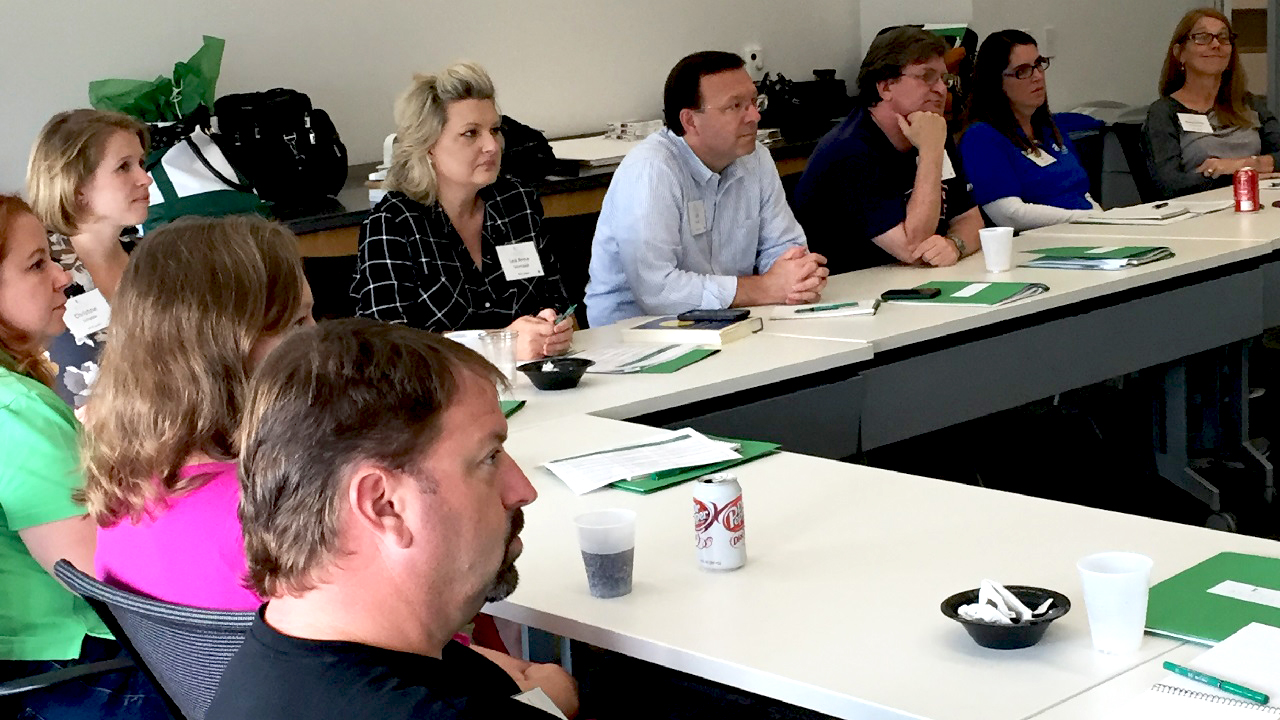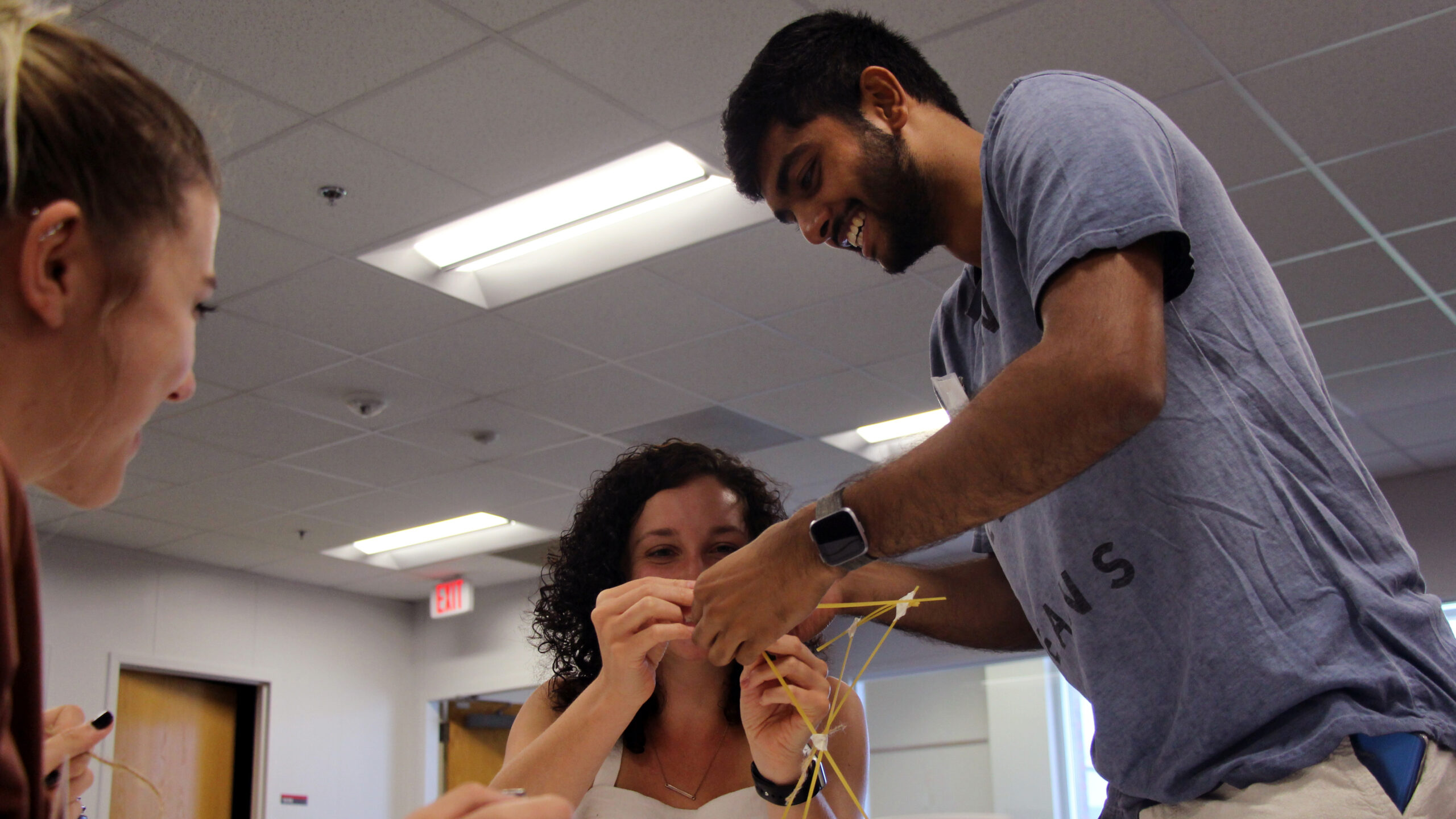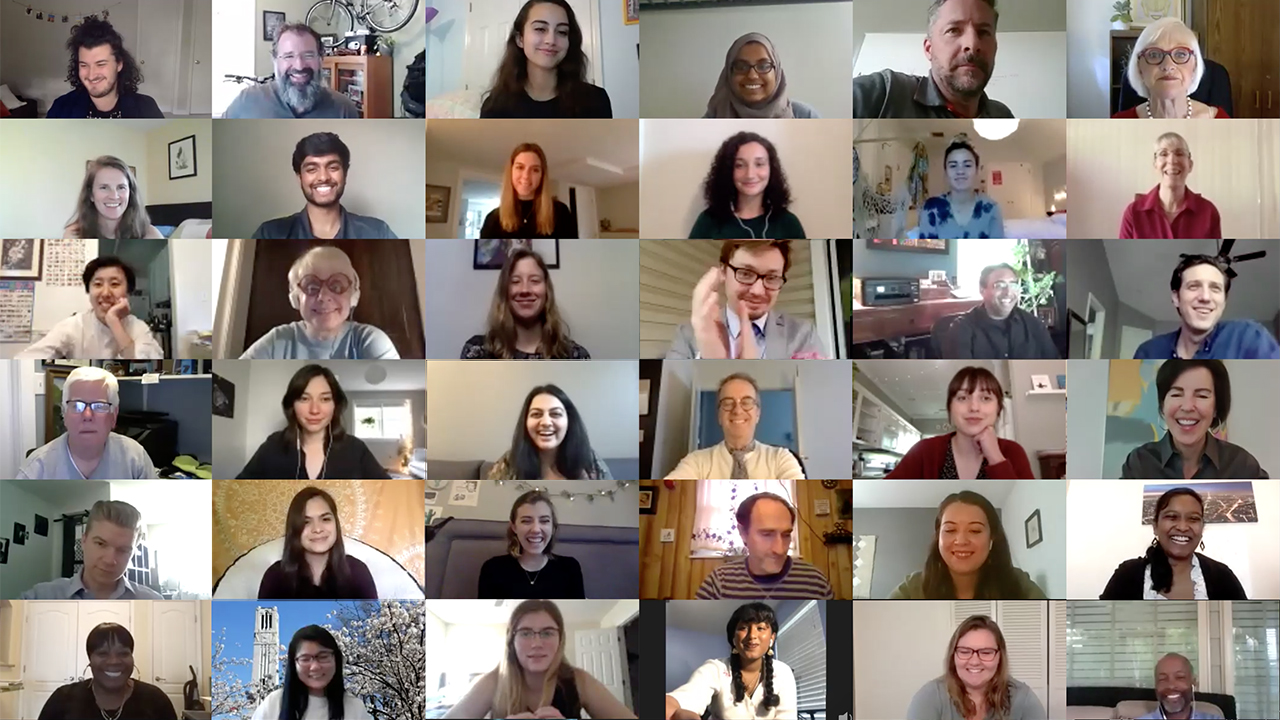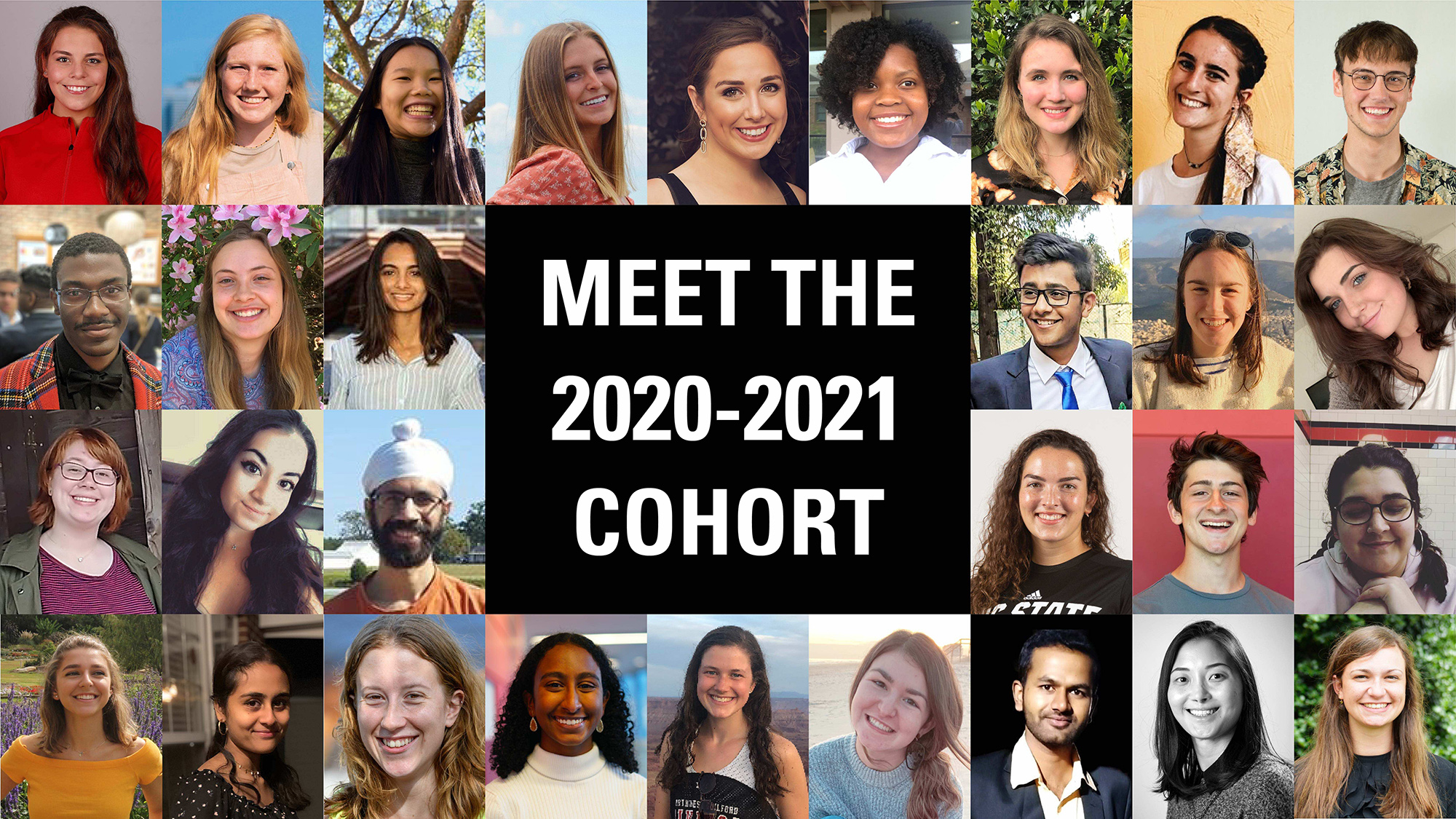Habitat for Humanity Affiliate Leaders Working to Enhance Their Capacities

Twelve executives from Habitat for Humanity affiliates from across the country started on a 15 week journey to enhance their individual, organizational, and community capacities. The leaders, from as far away as Hawaii to as near to Raleigh as Fayetteville, NC, spent three days on NC State’s campus to meet each other, their instructors and their coaches as they begin their coursework as part of the Achieving Collaborative Capacity for Executive Success (ACCES) Leadership program.
Christine Howell, the Institute for Nonprofits Academic and Engagement Programs Manager, leads the ACCES program. She told the participants that she was “excited to be working with such a wonderful and passionate group of leaders as they work to enhance their capacities to become adaptive leaders.” Institute for Nonprofits Executive Director, Richard Clerkin, welcomed the leaders to NC State and shared the University’s reference to Runyard Kipling’s poem of how the strength of the pack is the wolf, and the strength of the wolf is the pack. He explained this as a perfect metaphor for the ACCES training – the importance of strengthening themselves in order to strengthen their organizations and communities. He congratulated them on joining NC State’s Wolfpack!
Cohort bonding is an important part of the program. Learning and sharing around building individual, organizational, and community capacity is deeply personal for Habitat leaders and developing a safe environment is an essential component of their professional development. Two new components, a social styles inventory and a low-ropes course at Bond Park in Cary, NC, were added to the first day of this year’s ACCES program. Leaders got to learn about themselves, and began the process of building trust with each other through these activities.
The participants were also treated a lunch with Larry Gluth, Habitat for Humanity International Senior Vice President, US and Canada. Gluth congratulated the group for taking time to invest in themselves to become more effective leaders to enhance the impacts they have on their affiliates and in their communities. He also discussed some emerging trends and opportunities for Habitat for Humanity International and for affiliated Habitat for Humanities not just in the United States, but globally.
Now the hard work really begins. As the leaders head back home to their offices, they must exercise the discipline to not only prepare for their weekly interactive webinar sessions with their faculty, they must set aside 2 hours each week to participate in these sessions. After putting in their months of hard work, participants will return to Raleigh for three more days of on-campus work and reflection on what they have learned and how they have grown as leaders, as they graduate from the program.
ACCES is carefully crafted to optimize learning and maximize the exchange of ideas. For more information, visit contact our ACCES page, or contact Christine Howell at christine_howell@ncsu.edu.
- Categories:


